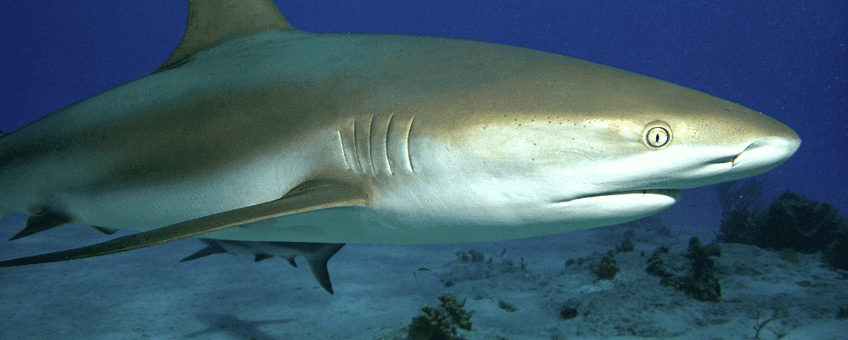
Protecting reefs to protect sharks
Dutch Caribbean Nature Alliance (DCNA)The study’s findings are crucial for understanding how Marine Protected Areas (MPAs) can support the conservation of endangered species in the Dutch Caribbean. Researchers from Beneath The Waves, Northeastern University, Nature Foundation St. Maarten, SXM Divers and Stony Brook University investigated the effectiveness of the Man of War Shoal Marine Park in protecting endangered species, particularly the Caribbean reef shark. By deploying baited remote underwater video systems (BRUVs) across 62 sites – both within and beyond the park’s boundaries – the research team looked to see if the park’s protection status influenced shark presence and reef fish biodiversity. The study spanned several different habitats, including coral reefs, seagrass beds, and sandy areas, offering a comprehensive look at marine life in Sint Maarten’s waters.
Key findings
The results were both surprising and informative. The presence of the Caribbean reef shark wasn’t significantly higher inside the protected area compared to outside, but depth played a big role in where the sharks were found, with deeper waters proving more attractive. This is really important information because in some areas, it shows how park’s current boundaries may not fully encompass critical areas for these sharks. When it came to reef fish biodiversity, coral reefs stood out as a haven for a wide variety of species, while sandy and seagrass areas were less populated. At least 99 species of fish were spotted, with some frequent swimmers like bar jacks and yellowtail snappers appearing across the study areas.

Why does it matter?
The findings highlight the importance of understanding the specific needs of endangered species, like sharks, and tailoring marine protection to suit those needs. While the Man of War Shoal Marine Park is a good start, expanding protection to include key habitats, such as deeper waters and seagrass beds, could help boost shark populations. Additionally, the maintenance and expansion of larger MPAs, such as the Yarari Marine Mammal and Shark Sanctuary, are essential for the conservation of transboundary species like sharks, which travel across international waters. Effective management of these areas ensures the protection of vital migratory routes, contributing to regional biodiversity conservation and ecological resilience across the Dutch Caribbean.
More information
- You can read the full article online.
Text: Dutch Caribbean Nature Alliance (DCNA)
Photo's: Joseph M. Bowen
